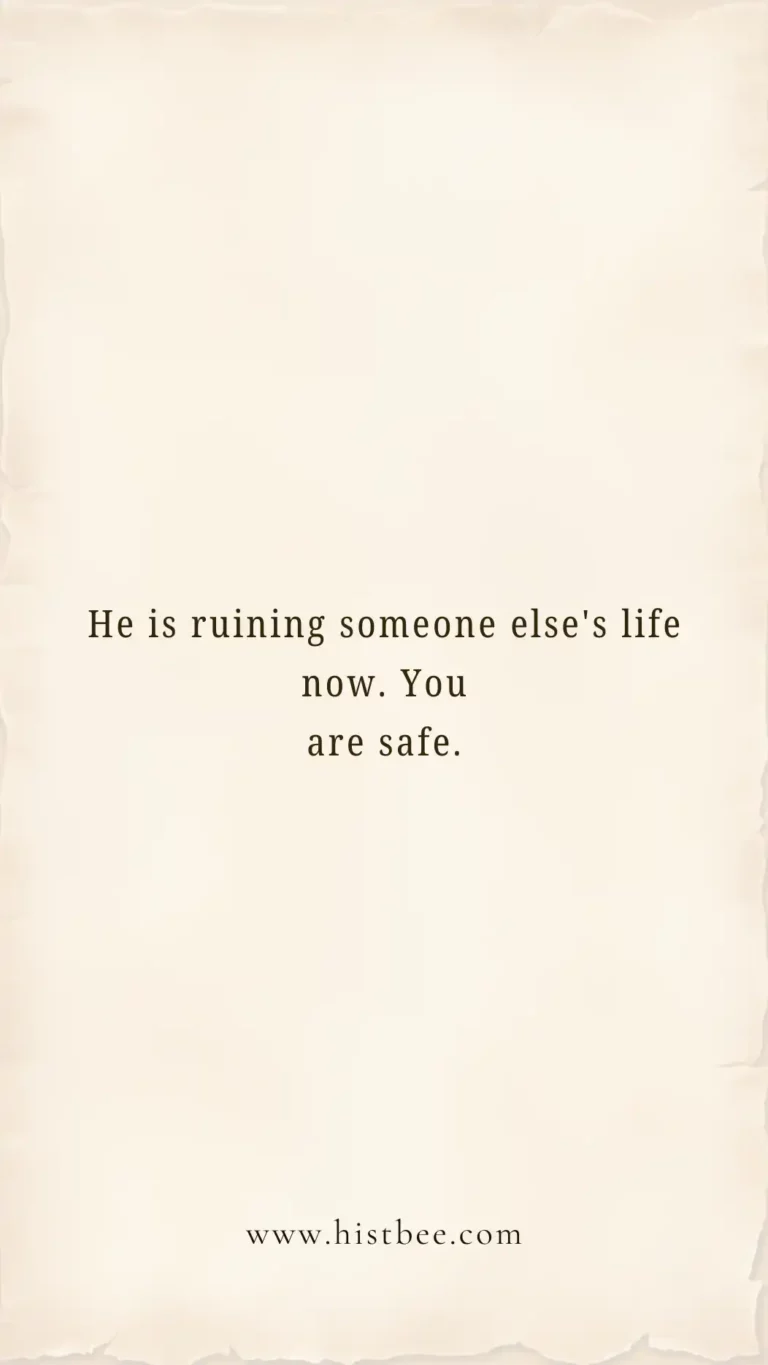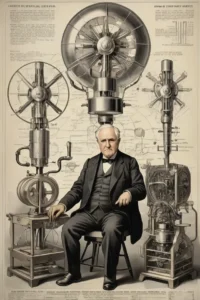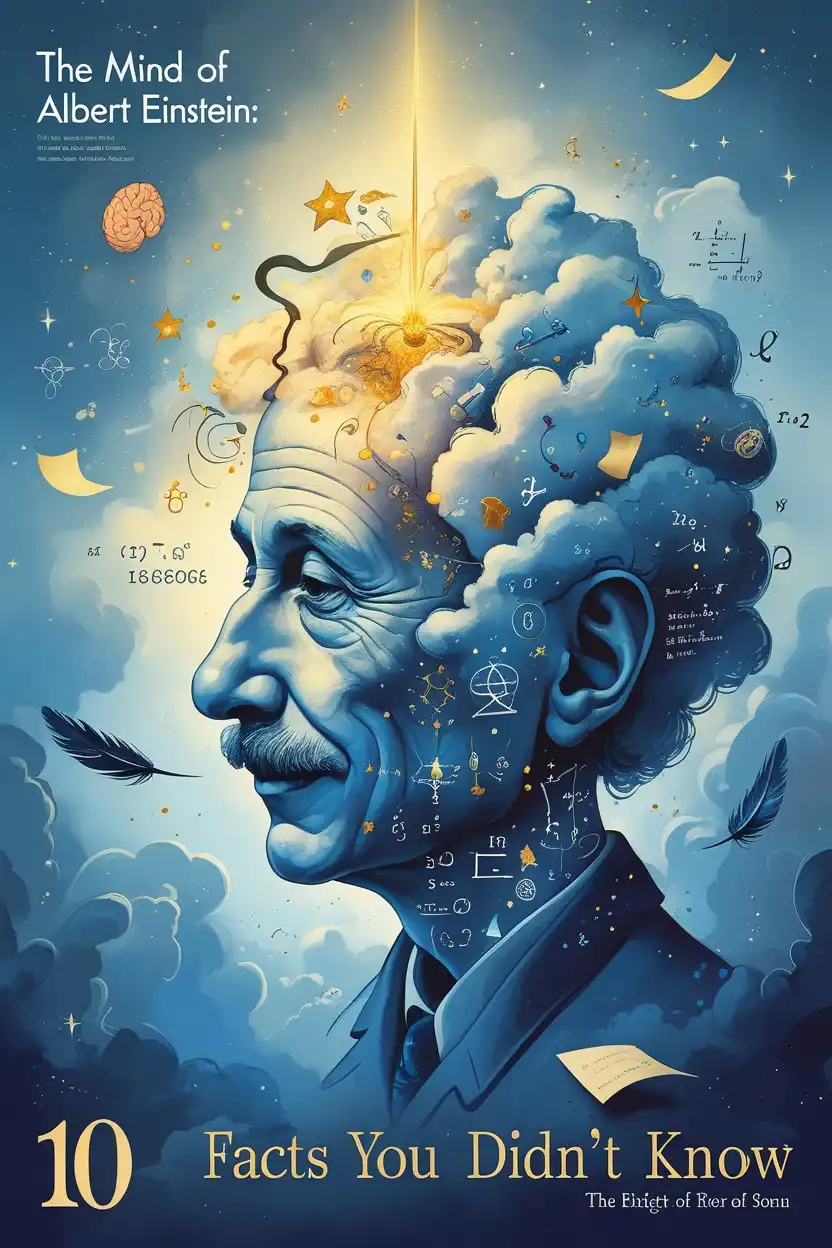Sometimes, the end of a toxic relationship feels like a storm finally passing, leaving behind the wreckage of emotional turmoil and shattered self-esteem. But there’s a strange sense of relief when you realize: He is ruining someone else’s life now. You are safe. This phrase is more than just a statement; it’s a moment of clarity, a bittersweet acknowledgment that the chaos has moved on, leaving you with the chance to rebuild and reclaim your life.
In this article, we’ll unpack the meaning behind this powerful statement, explore the emotional aftermath of toxic relationships, and discuss how to heal and thrive once you’ve escaped the storm.
The Weight of Toxic Relationships
Toxic relationships are like quicksand. At first, they may seem manageable, even alluring. But over time, the manipulation, gaslighting, and emotional abuse pull you deeper into despair. You find yourself questioning your worth, your choices, and even your reality.
When you’re trapped in such a relationship, it can feel impossible to imagine a life outside of it. The abuser often isolates you, making you believe that they are your only option or that you somehow deserve their behavior. This is why breaking free is so difficult—and so liberating when it finally happens.
The Meaning Behind “He Is Ruining Someone Else’s Life Now”
The phrase “He is ruining someone else’s life now” may sound harsh at first, but for survivors of toxic relationships, it often comes with a sense of validation and relief. It’s not about wishing harm on someone else; rather, it’s an acknowledgment that the person who caused you so much pain has moved on—and so can you.
Abusers rarely change their behavior overnight. If they’ve left your life, chances are they’ve found someone new to target. While this can stir feelings of guilt or concern for the next person, it’s also a reminder that their harmful actions were never about you. Their toxicity was always a reflection of their own issues, not your worth.
And now? You’re safe. You have the chance to focus on your healing without the constant weight of their negativity dragging you down.
Healing After the Storm
Escaping a toxic relationship is just the beginning of the journey. The scars—emotional and sometimes physical—don’t disappear overnight. Here are some steps to help you heal and move forward:
1. Acknowledge What You’ve Been Through
It’s important to recognize the impact the relationship had on you. Denying or minimizing your experience will only delay the healing process. Journaling or speaking with a trusted friend or therapist can help you process your emotions.
2. Set Boundaries
Even if the toxic person is no longer in your life, it’s crucial to establish boundaries moving forward. This includes learning to say no, recognizing red flags in future relationships, and prioritizing your mental health above all else.
3. Seek Support
You don’t have to go through this alone. Support groups, therapy sessions, or online communities for survivors of toxic relationships can provide comfort and guidance as you navigate this new chapter.
4. Focus on Self-Love
Reclaiming your sense of self is one of the most empowering parts of healing. Take time to rediscover your passions, practice self-care, and celebrate your resilience. Remember: you are worthy of love and respect.
Embracing Your Freedom
While it’s natural to feel a mix of emotions—relief, sadness, anger—after escaping a toxic relationship, it’s essential to focus on what lies ahead: freedom. The phrase “You are safe” is not just a reassurance; it’s a call to action. It’s an opportunity to rebuild your life on your terms, free from manipulation and fear.
Healing takes time, but every step forward is a victory. You’ve already done the hardest part: breaking free. Now it’s time to embrace your newfound safety and create a life filled with joy, peace, and self-love.
FAQs
1. Should I warn the next person about my ex?
This is a personal decision and depends on the situation. While your intentions may be good, reaching out could backfire if the new person isn’t ready to hear it or if it puts you in harm’s way. Focus on your own healing first.
2. How do I stop feeling guilty about leaving?
Guilt is common after leaving a toxic relationship, especially if your abuser manipulated you into feeling responsible for their actions. Remind yourself that leaving was necessary for your well-being and that you deserve happiness and peace.
3. What if I miss them despite everything?
It’s normal to miss someone who was a significant part of your life, even if they were toxic. These feelings don’t mean you made the wrong choice—they’re simply part of the healing process. Give yourself grace as you work through them.
4. Can toxic people change?
While change is possible for anyone, it requires self-awareness and a genuine desire to improve. Unfortunately, many toxic individuals lack these qualities or refuse to take responsibility for their actions.
5. How do I rebuild trust in future relationships?
Rebuilding trust takes time and patience. Start by trusting yourself—your instincts, boundaries, and decisions. When entering new relationships, communicate openly about your needs and take things at a pace that feels comfortable for you.
Final Thoughts
The phrase “He is ruining someone else’s life now. You are safe” encapsulates the bittersweet reality of escaping a toxic relationship. While someone else may now be facing what you endured, it’s crucial to focus on your own safety and healing. You’ve survived something incredibly difficult—and now, you have the chance to thrive.
You are safe now. Let that truth guide you as you step into this new chapter of freedom and self-discovery.





